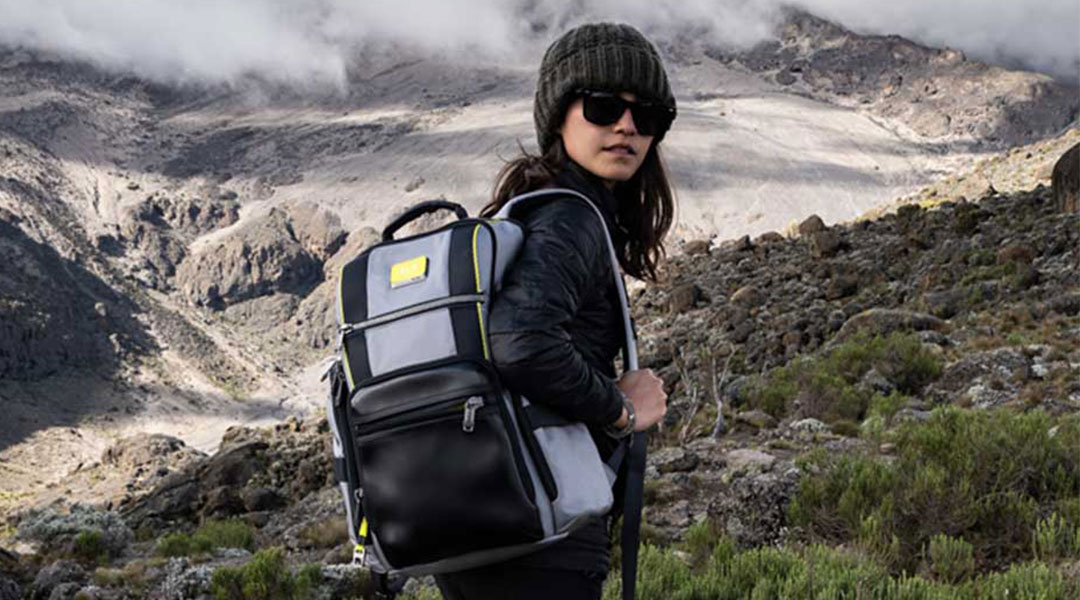Heeding the call of nature in its plight for restoration and conservation, these group of change makers ascent to the rooftop of Africa for a first-hand lesson on how the planet is slipping away from our grasp.
Related: The Araw Brooch: What Message Were These Women Lawmakers Sending During SONA?
It doesn’t take a lot to realize how much the world has changed exponentially over the last few years. Without even having to take a deep dive online, you can feel the difference in the air—was once a coddling kind of warmth a little too stifling as of late and the tempestuous shifts of the weather is as hot and cold as that Katy Perry song harps on and on about. Climate change and nature imbalance is real, and while others seem to be taking to the buzzword like some trend they can just ride on for perception and surface-level solidarity, there is a necessary sense of urgency that has to be internalized before all is too late—because honestly, as it stands, we’re already way past the tipping point.
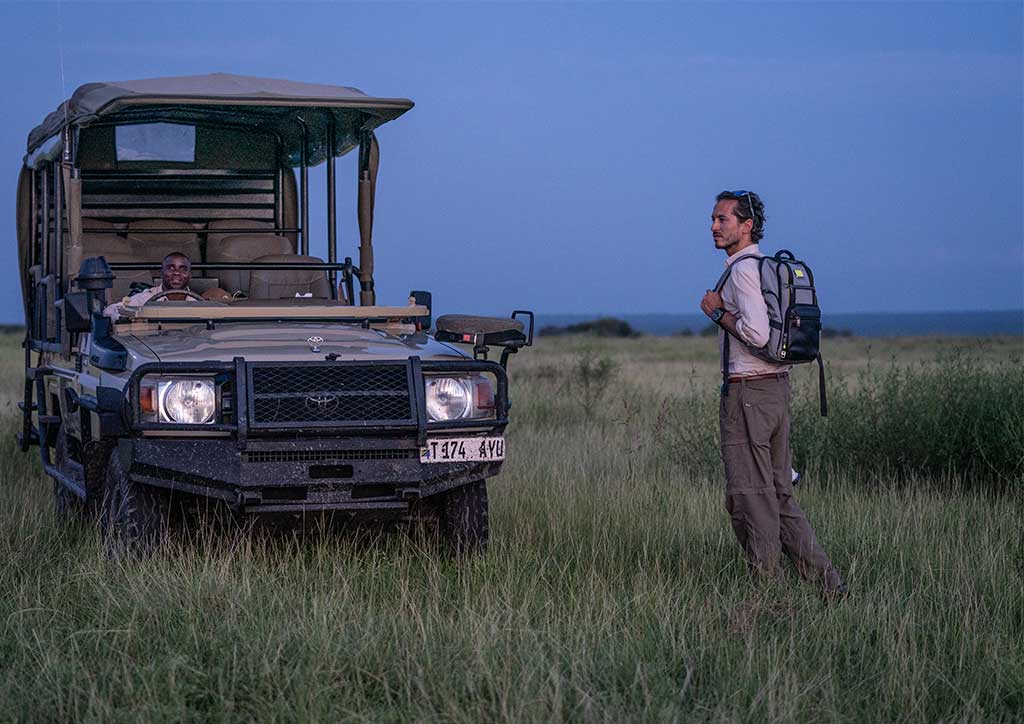 As it has long been on the pursuit of the perfecting the journey, Tumi, the leading international travel and lifestyle brand, has not only had a history of producing quality commodities for the physical aspect of an excursion, but it has also taken a focused attention to taking the next step in protecting what matters. In fact, on top active participation in global efforts for eco-consciousness, Tumi has also embarked on local solution-based undertakings to contribute to the movement of sustainability. With their enduring partnership with Waves For Water, a non-profit organization that works on the front line providing aid and access to clean water through innovative ideas to communities in need. At the center of the targeted, special-ops style of mobilization is empowerment and education, equipping volunteers, leaders, and communal fragments to ensure the highest potential for a truly sustainable program. Needless to say, it isn’t mere lip-service that latches itself to nature just for the sake and then calls it a day. With outreach programs and continuous tangible support, Tumi has stacked up enough credence in its mission to make a difference.
As it has long been on the pursuit of the perfecting the journey, Tumi, the leading international travel and lifestyle brand, has not only had a history of producing quality commodities for the physical aspect of an excursion, but it has also taken a focused attention to taking the next step in protecting what matters. In fact, on top active participation in global efforts for eco-consciousness, Tumi has also embarked on local solution-based undertakings to contribute to the movement of sustainability. With their enduring partnership with Waves For Water, a non-profit organization that works on the front line providing aid and access to clean water through innovative ideas to communities in need. At the center of the targeted, special-ops style of mobilization is empowerment and education, equipping volunteers, leaders, and communal fragments to ensure the highest potential for a truly sustainable program. Needless to say, it isn’t mere lip-service that latches itself to nature just for the sake and then calls it a day. With outreach programs and continuous tangible support, Tumi has stacked up enough credence in its mission to make a difference.
Engineered For Sustainability
Committed to minimizing its impact and implicating imprint on nature and the planet as a whole, Tumi is now leaning towards designing for durability with the introduction of sustainable materials with the launch of Merge. Touted as its first travel collection, together with select pieces from the cornerstone mainstays such as the Alpha Bravo and Devoe lines, these new iterations give customers the choice to make a conscious positive choice for the planet without compromising form and function. “When the time is right for travelers to embark on their next journey, our promise is to protect not only their treasured personal items, but also the world they travel to see,” explains Tumi Creative Director, Victor Sanz. “The Tumi brand is innovative by nature, but we are sustainable by choice. And as such, we are committed to designing innovative products and manufacturing processes that take care of our planet, while ensuring that our people are treated with respect and care.”
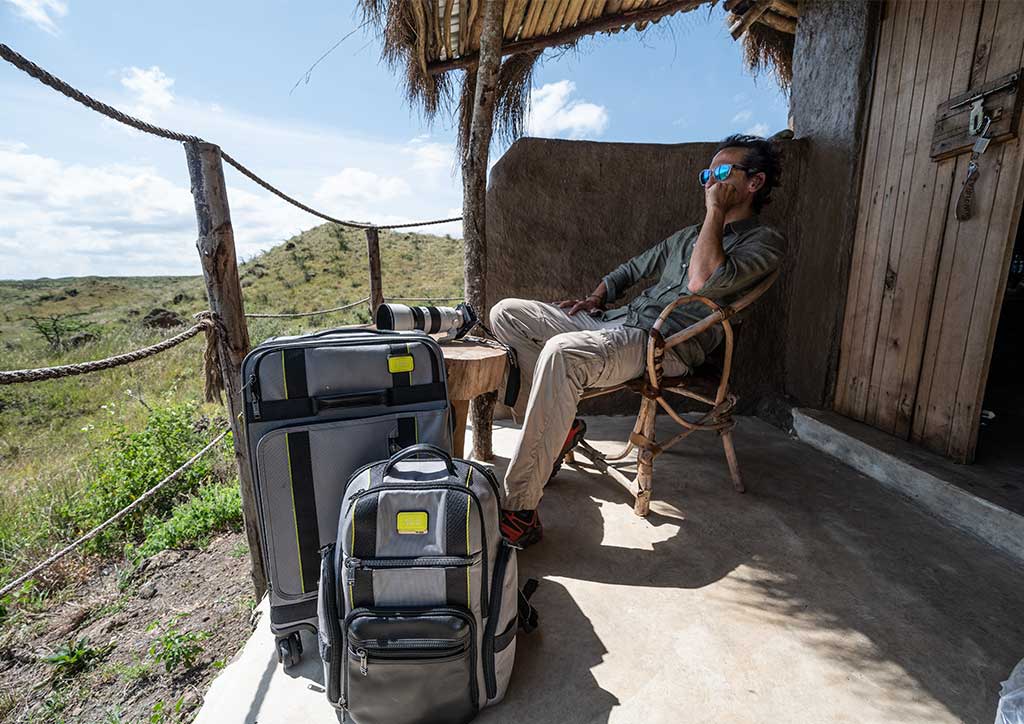
Dedicated to ensuring a more sustainable, substantial, and significant contribution to nature, Tumi is turning its attention to innovative products, carbon action, thriving supply chain, and a people-focused pledge. “As a brand, we believe we have a responsibility to the world beyond the products we sell, most importantly to our people and our planet,” says Adam Shankman, Vice President for TUMI APAC and Middle East. Reiterating that its commitment to longevity has been a building block of the brand since day one, they are continuing this course of action by guaranteeing a full lifespan for each product sold, meaning sustainability in nature doesn’t stop at utilizing recylced materials, which they already have been using with recycled and repurposed PET linings, plastic bottles, surplus and post-industrial recycled nylon.
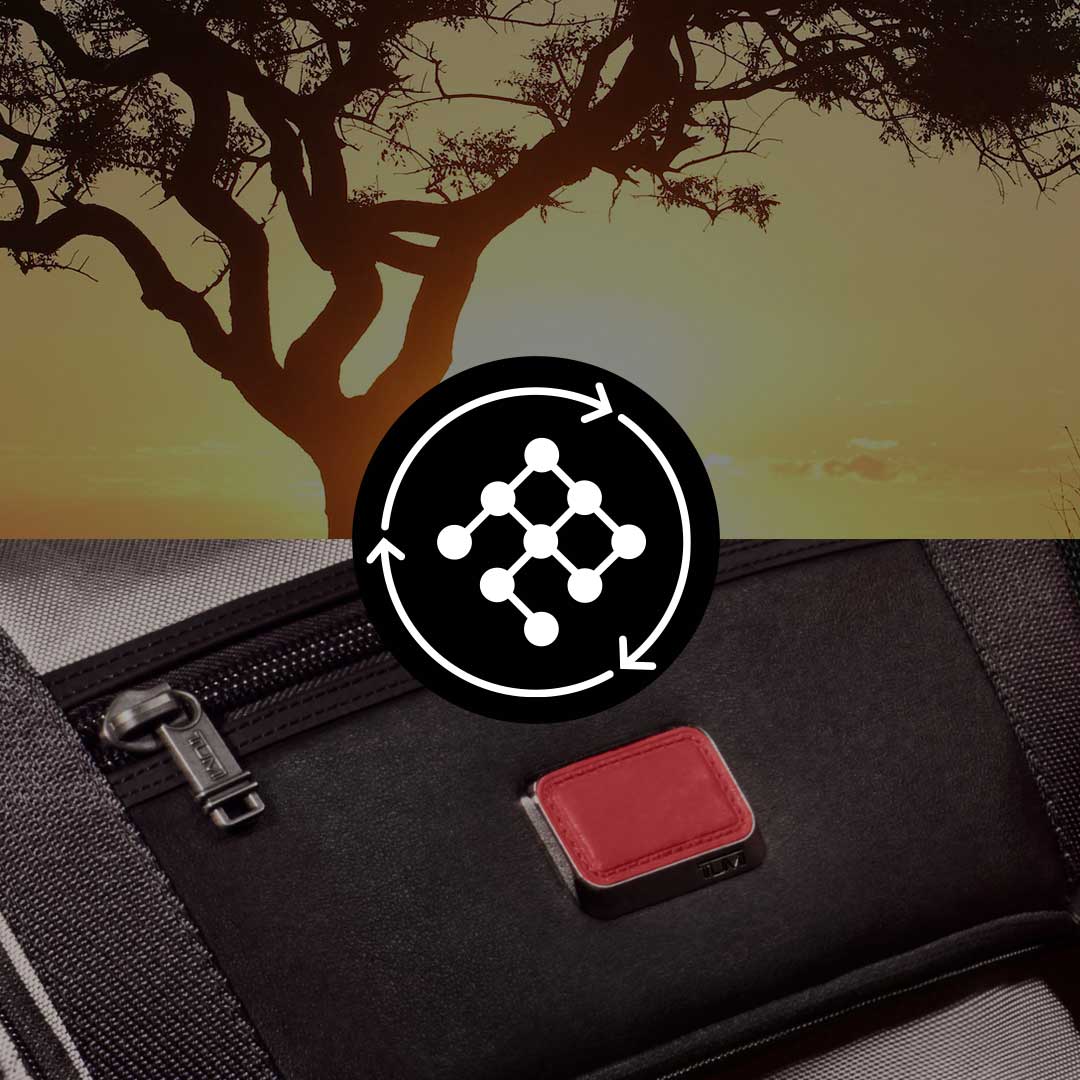
With an increased value in the relentless quest for durability and design, there now stands a focus on the full lifespan of the product after it is sold, with the engineers and creatives ensuring reparability into the crafting of the bags so that it can be carried for even longer journey with passion and purpose. Packing a whole lot of love, attention, and respect for the planet we journey on, this is the renewed idea of perfection that we should all be after—mindful more than anything.
The Climb
Taking to greater heights to wave the flag of concern regarding the harrowing plight of nature, a group of like-minded Asian celebrities, CEOs, artists converged from their own walks of life and industries to summit Mt. Kilimanjaro. They don’t call this the mountain of greatness for nothing as the dormant volcano in Tanzania stands to be the highest mountain in Africa and the highest single free-standing mountain in the world at 5895 meters above sea level and approximately 4900 meters above its plateau base. So, it was most fitting that this was the context of the charity climb the group of advocates embarked together for 8 days last February, braving torrential rain and snowstorms all for their greater purpose to stop illegal wildlife trade, confront 6th mass extinction, and fight plastic pollution, as well as to raise funds to protect and restore irreplaceable biodiversity and wildlife for the future.
In this environmental effort initiated by Project C:CHANGE, a social enterprise and media platform dedicated to striking awareness about nature degradation, climate change, and conservation, the intent was to elevate a consciousness of the natural world, encourage local communities, and protect the resources of nature, especially for their Nature Conservancy Programs in Asia, Indonesia, and Africa. Recognizing our responsibility and duty to protect the world for the next generation, the team of change makers, which included Raline Shah (actress, outdoor enthusiast, and environmental activist), Sean Lee-Davies (artist, activist, and adventurer, as well as founder of Project C:Change), Jenny Gu (anchor and host), Ted Hodgkinson (conservationist and adventure racer), Moshe Isthakov (former Chief-of-Staff, Howard Hughes Corporation), Lee Zhe Long (digital artist and photo editor), Mark Machin (President and Chief Executive Office CPPIB), Nicole Seagriff (Clinical Program Director), Min Jie Ye (Head of Specialty, Zurich Insurance), Ludo Brockway (filmmaker and advocate), Isabella Hodgkinson (consultant), and last but not the least, Katrina Razon (Impact Investor, DJ, artist, Wonderfruit Festival producer, Creative Director at CC: Concepts, and CEO of KSR Ventures), are deeply committed to escalating these issues in this literal ascent.
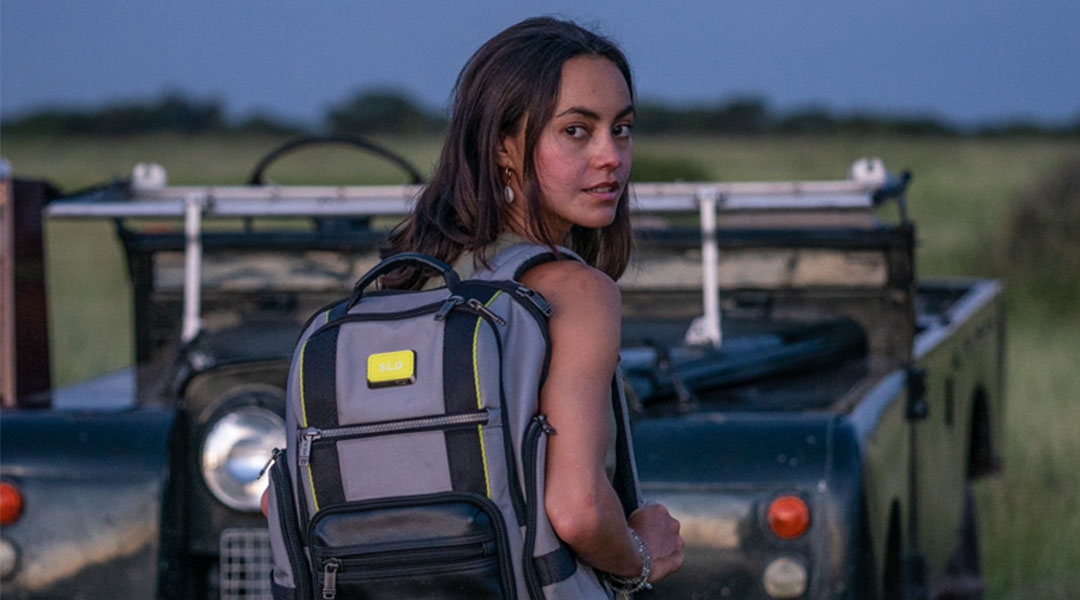
A fitting travel partner for this particular adventure, Tumi joins Project C:CHANGE for a sustainable journey, as evidenced by the dedicated sets of durable travel cases from the Merge collection, the aforementioned first-ever travel line made with recycled materials. Toting their Tumi backpacks on this unique expedition, the entire trip was carbon offset and self-funded by the climbers, where they all witnessed first-hand the change of nature and climate as evidenced by Mt. Kilimanjaro’s fast disappearing glaciers. “We’re losing nature at an unprecedented rate. Conservation of wildlife and ecosystems are only possible with people of goodwill. Our survival as a species depends on the services nature provides,” expresses Katrina Razon, the lone Filipina in this one-of-a-kind immersion. “I’m not only climbing Mount Kilimanjaro as a personal challenge, but to raise awareness on these issues in order to inspire collective action to secure a better future for our planet.”
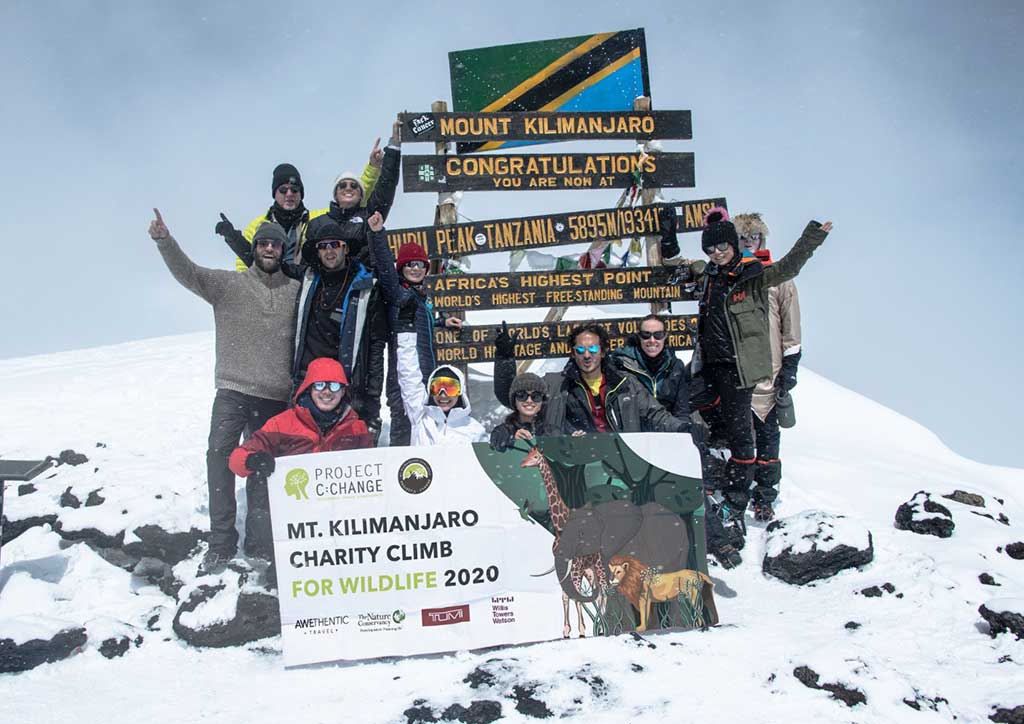
As this was a project to primarily help promote reforestation in Asia, its lifeline has inevitably extended its reach to address COVID-19 as it has brought African tourism to a screeching halt, as well as of course, its persisting problem of wildlife and nature conservation across the continent. Taking this into account, Project C:CHANGE is re-launching its fundraising campaign in September to help conservancies in Tanzania and Kenya cope with this shortfall and protect precious biodiversity. With the shift towards a more focused future rooted in sustainability and eco-consciousness, this collaborative project and growing mindset of massive potential and feasibility is what we need to be getting by in any way we can. “It’s important that we don’t rely on governments and have a wait-and-see approach to climate change,” says Sean Lee-Davies. “Everyone needs to start taking action now to reduce or offset their carbon intensive lifestyles. Hopefully, Project C:CHANGE will help inspire people to change their habits for a better future.”
